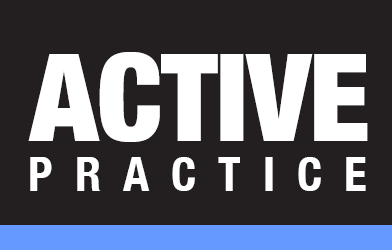Coping if a Disaster Hits Your Bank
/By Wells H. Anderson
Imagine that your local bank has been destroyed in a disaster. Where does that leave you and what can you do about it? More importantly, what steps can you take ahead of time to minimize the impact of such an event on your practice?
How to Cope If You Didn’t Plan Ahead
In all likelihood, your money is safe. You may not have anticipated the failure of your bank’s financial systems, but your bank has.
Expect your bank to try to contact you within a few days. If your phone number is down, try calling them with your mobile phone.
If the bank’s phones are down, visit your bank’s website. Expect it to be running even if power and internet service are not yet restored to your area.
If you are forced to relocate, even temporarily, let your bank know your temporary address and phone number.
If your bank building is out of operation, expect to have service at a new, temporary location within days of a disaster.
How to Plan Ahead in the First Place
Weigh the pros and cons of large national banks versus local banks for your primary business accounts. A large bank may weather a local disaster more easily; however, a local bank may offer more responsive day-to-day services and execute its business continuation plan faster.
Consider maintaining a contingency cash fund of three to six months’ expenses in a bank other than your primary bank.
Set up web access to your bank accounts. These systems are highly secure if you use strong passwords or passphrases, 12 characters or longer.
Set up a bill pay service with your bank. It will allow you to send electronic payments and mail checks through online access and/or automatically on a scheduled basis.
Keep a record of user names, passwords, passphrases, account numbers, bank telephone numbers, and web page addresses in a secure, off-site location.
Be sure to implement a backup system and redundant backup system for securely storing your financial data in one or two off-site locations.
Questions? Call me at 800.575.0007 or Send me an email…
— Wells H. Anderson, JD






